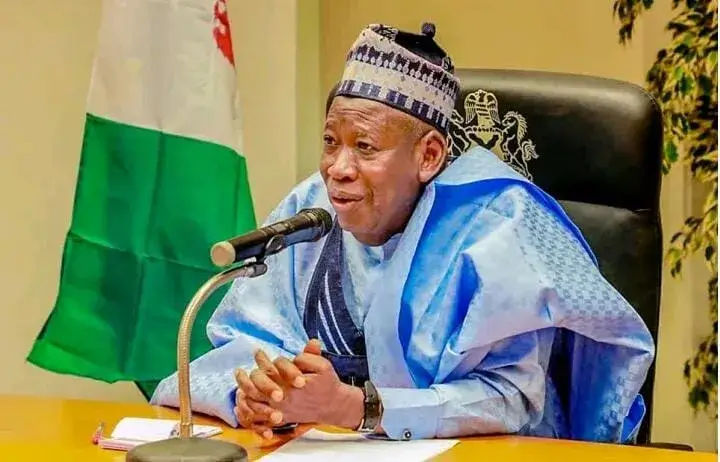ARTICLE AD

NMDPRA enforcement team in one of the sealed LPG outlets.
The Nigerian Midstream and Downstream Petroleum Regulatory Authority has sealed 19 illegal Liquefied Petroleum Gas and Category D cooking gas outlets in Delta State.
Category D LPG operators are those who refill gas from licensed plants for customers to collect from their premises.
The NMDPRA Coordinator in Delta, Victor Ohwodiasa, disclosed this to journalists in Warri on Tuesday, noting that “the illegal gas outlets were sealed within the past two weeks.”
According to him, the outlets were shut down in Orerokpe, Ogwashi-Ukwu, and Warri, as well as other surrounding areas.
Ohwodiasa explained that “the illegal gas outlets were closed for offences ranging from lack of prerequisite approvals to unsafe locations.”
He said, “During the operation, about 28 illegal outlets were identified by the authority. We tried to assess whether they could be regularised, as they were wrongly sited.
“The outlet sealed in Ogwashi-Ukwu was a five-metric-tonne refilling plant constructed by the roadside, close to high-tension cables.
“The authority assessed the environment and found that it was wrongly located on a right of way and had no approval. It was sealed, and a relocation order was issued immediately.
“Other offenders were engaged in what we call ‘decanting’—that is, transferring gas from one cylinder to another. This is strictly prohibited.
“The correct practice is ‘bottle swap,’ where customers exchange their empty cylinders for filled ones,” he said.
The NMDPRA Coordinator stressed that “the exercise is not intended to frustrate small-scale gas business owners but to ensure they operate in a safe and secure environment.”
He urged landlords not to allocate space to Category D LPG operators seeking to conduct illegal business on their properties.
“The goal is to prevent potential fire outbreaks that could endanger lives and property,” he stated.
Ohwodiasa added, “NMDPRA is committed to ensuring that lives and property are adequately protected.
“Imagine someone storing cooking gas near a welding workshop or where food vendors are frying bean cakes or roasting corn. A gas leak in such a setting would have catastrophic consequences.
“If an illegal operator does not value his own life, it is our duty to ensure he does not endanger himself or others by running an unauthorised facility.”
He assured that the regulatory authority would sustain its enforcement efforts across the state and that any violators would face legal consequences.
He also warned that offenders who refused to relocate their facilities would be handed over to security agencies for prosecution.
The coordinator appealed to the public to report anyone engaging in illegal gas transfers to the NMDPRA for prompt action, saying, “Help us to serve you better.”
Ohwodiasa further assured that the regulatory body would continue sensitising operators, noting that the authority holds annual stakeholder engagement meetings with gas plant owners and Category D operators.
He added that the regulatory authority also runs public awareness campaigns on radio and television to educate people on the safe handling of cooking gas due to its volatility.
The coordinator expressed appreciation to the Chief Executive of NMDPRA, Engr. Ahmed Farouk, for his continued support of regulatory operations in the state.

 3 hours ago
2
3 hours ago
2 

